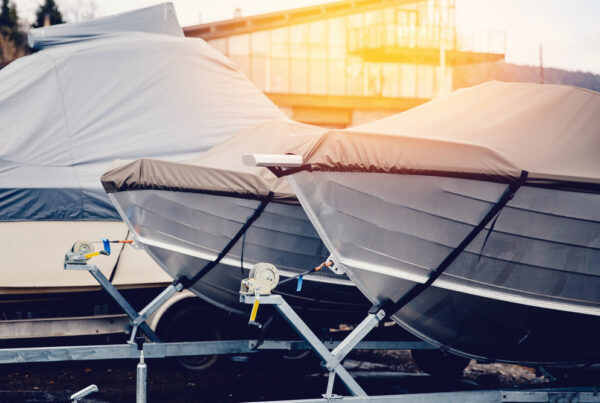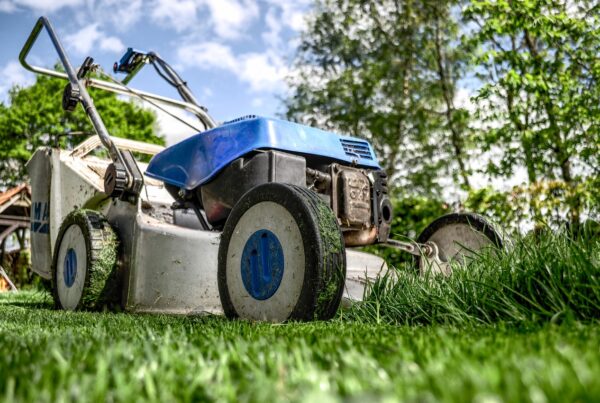When it comes to winter in New England, it’s always better to be prepared, even if we aren’t quite mentally prepared for the colder weather. In the next few weeks you’ll want to take steps to prepare your home, car and even your insurance for winter to help safeguard them against seasonal risk. Here are some tips for winterizing your assets, protecting your assets and getting ready for the season ahead.
Preparing Your Home, Car and Insurance for Winter
How to Winterize Your Home
The best time to start winterizing your home is in the fall. By doing this, you’ll head off any early storms and benefit with potential savings on your energy bill and a little more time to relax in winter. Whether it is your summer home or your main residence, prepare for winter with these ways to winterize.
- Clean those gutters. How? By hand, by scraper or spatula, and finally by a good hose rinse, cleaning out the leaves and other summer/fall debris will help allow winter’s rain and melting snow to drain. Also be sure to look for any cracks or leaks when cleaning them out, better to fix them now!
- Block the leaks. On a breezy day, walk around holding a lit candle to common draft areas and see where air is coming in. After you’ve located where your major leaks are occurring, cover with door sweeps, caulk, or apply tacky rope caulk. For the outside, use weather-resistant caulk to seal leaks and for brick areas, use masonry seal.
- Insulate your home. While this can cost a good amount of money, most argue its well worth it when they see their heating bills.
- Check the furnace before the colder weather arrives. It’s a good idea to have your furnace tuned and cleaned annually to check things like the furnace filters (which should be changed to get the best air flow).
- Check your ductwork. You could lose up to 60% of the heated air if you have central heating if your ductwork is not well connected and insulated. Check your attic, crawl spaces, and basement for exposed ducts. It also may be a good idea to vacuum your ducts every few years to clear the air.
- Put up storm windows in place of screens for added protection and warmth this winter. If you don’t have storm windows, you may want to update to avoid the leaks and drafts that can come with older windows. Can’t afford all new windows? Not many people can, but start now and budget for a few at a time. You may also want to buy a window insulator kit for now.
- Don’t forget the chimney! While it may be a myth you need your chimney swept each year, it is a good idea to have an inspection before use. Anything from basic debris to birds can be hiding in there!
- Have you ever thought of reversing your fan? If you reverse direction from the summer option, it will push warm air down and force it to re-circulate (look for the blades to be turning clockwise when you look up).
- Wrap your pipes. Burst pipes can be quite the disaster, before those freezing nights come turn the water to your house bib off and the lines are drained. Wrap pipes in unheated spaces with foam rubber sleeves or fiberglass insulation (you can buy these at most hardware stores).
- Check your alarms! The start of a new season is a good time to check to see if your home detectors and carbon monoxide detectors are working and have fresh batteries.
- Lastly, don’t forget to take in your outdoor furniture. Any outdoor furniture and patio items should be taken in for the season. You wouldn’t want the snow and ice to ruin anything and that outdoor set probably wasn’t cheap!
The more you can do to protect your home now, the more prepared your home should be to weather winter storms.
How to Winterize Your Home Insurance Coverage
In addition to winterizing your home, make sure you’re covered with enough home insurance coverage. When it comes to your home insurance, it is very easy for an ice dam to turn into something that can destroy your home or melting snow to create a flooding situation. In those situations, make sure your home insurance would be enough. Call an agent with your questions, they can help you out. For example, they would be able to tell you home insurance doesn’t cover flooding and you may need flood insurance. Flood insurance takes 30 days to take effect so now is a perfect time to get a policy before that snow melts.
When was the last time you took a look at home coverage? We can help. If you have questions about your current policy or would like to get a free quote, call one of our agents today at 413.475.7283.
Call us at 413.475.7283
Complete our online quote form today
How to Winterize Your Car
The same way many of us get sick or worn out with the chilly temperatures of the winter, it can also take a toll on your car. Some seasonal maintenance, winterizing, and an emergency kit can help keep winter risk at bay.
Here are some ways to winterize your car:
- Keep an emergency kit in your car with things like some extra engine oil, washer fluid, coolant, and a blanket for colder temps. It’s also a good idea to have a flashlight and some flares.
- Make sure your 4-Wheel drive works. It’s great to have 4-wheel drive int he snow, but it’s better if it’s working properly.
- Check your car’s belts and hoses. Cold temperatures can weaken your belts and hoses so even if it isn’t time for a tune-up it might be a good idea to have a mechanic look under your hood this
winter. - Change your wipers. The fall and winter are usually the months with the most wind-shield wiper action. Between the wet leaves and snow fall, they will be taking on a lot this season. A fresh set is your best bet- the last thing you need is your wipers to fail you during a storm!
- Double check your defrosting and heating units.
- Keep your fuel tank full. The damage you inflict on your car on a near-empty tank in the winter is even worse than other times of the year. The cost of repairs for the damage also isn’t cheap!
- Have your fluids topped off. Have you seen frost on your car yet? Make sure your anti-freeze fluid is filled as well as oil and windshield wiper fluids – you will need them the most during the next few months.
- Check the oil and oil viscosity.
- Check your battery. Making sure your battery is working properly is recommended. A dead car battery is never fun in the cold months.
- Check the tire pressure and consider snow tires. Your tires undergo a lot of wear and tear and if too worn out could put you in a bad place with the snow and ice on the roads.
- Replace your air filters. A dirty air filter is not only bad for your car but can be harmful to your health. Now that the windows will be rolled up, you will be breathing in whatever your air filter is cleaning. A dirty filter = dirty air quality.
Wet leaves, flooding, black ice – it’s all coming! Fall car maintenance is a crucial part of keeping your car running in top shape and should not be ignored.
How to Winterize Your Auto Insurance Coverage
Unfortunately, you can never predict the elements, especially in New England. This is why it’s important; no matter how prepared you are for winter, to review your Massachusetts car insurance policy heading into the winter season to ensure you have the right coverage in place.
When you got your car insurance did you settle for the basics? Now may be a good time to contact your insurance agent and inquire about any gaps they may see. If your vehicle isn’t great in snow or you are parked under icicles, there may be an area for increased car insurance you may find yourself needing, like if you have a liability-only policy, you may want to consider adding on collision or comprehensive.
Physical damage to your car caused by slipping and crashing into something is usually covered under collision coverage and is subject to your deductible. In the event that you are in an accident with another vehicle, the same coverage would come into play that does with an accident any other time of the year. When it comes to an accident involving a snow bank, tree, or any other object, it will be your comprehensive coverage that covers you.
Comprehensive coverage will help cover you in the event that ice collects on a tree and a branch falls on your car. The physical damage to your car is covered subject to your deductible, of course. If someone is injured in an accident in your vehicle, it will be the bodily injury limit on your car insurance policy that covers you. Now is a great time to check up on these coverage limits to be sure you have the coverage you need in any of the above slippery road accidents.
Of course, it is important to be covered year round, but the next few months do present more risk on icy roads. Call your agent today and find out about your coverage this winter!
Call us at 413.475.7283
Complete our online quote form today
Stay warm!
While we may not be that excited for winter weather to descend on Massachusetts, we are always excited to help you with your insurance needs! Give us a call today to review your coverage and make sure you’re ready for the colder season to come.



